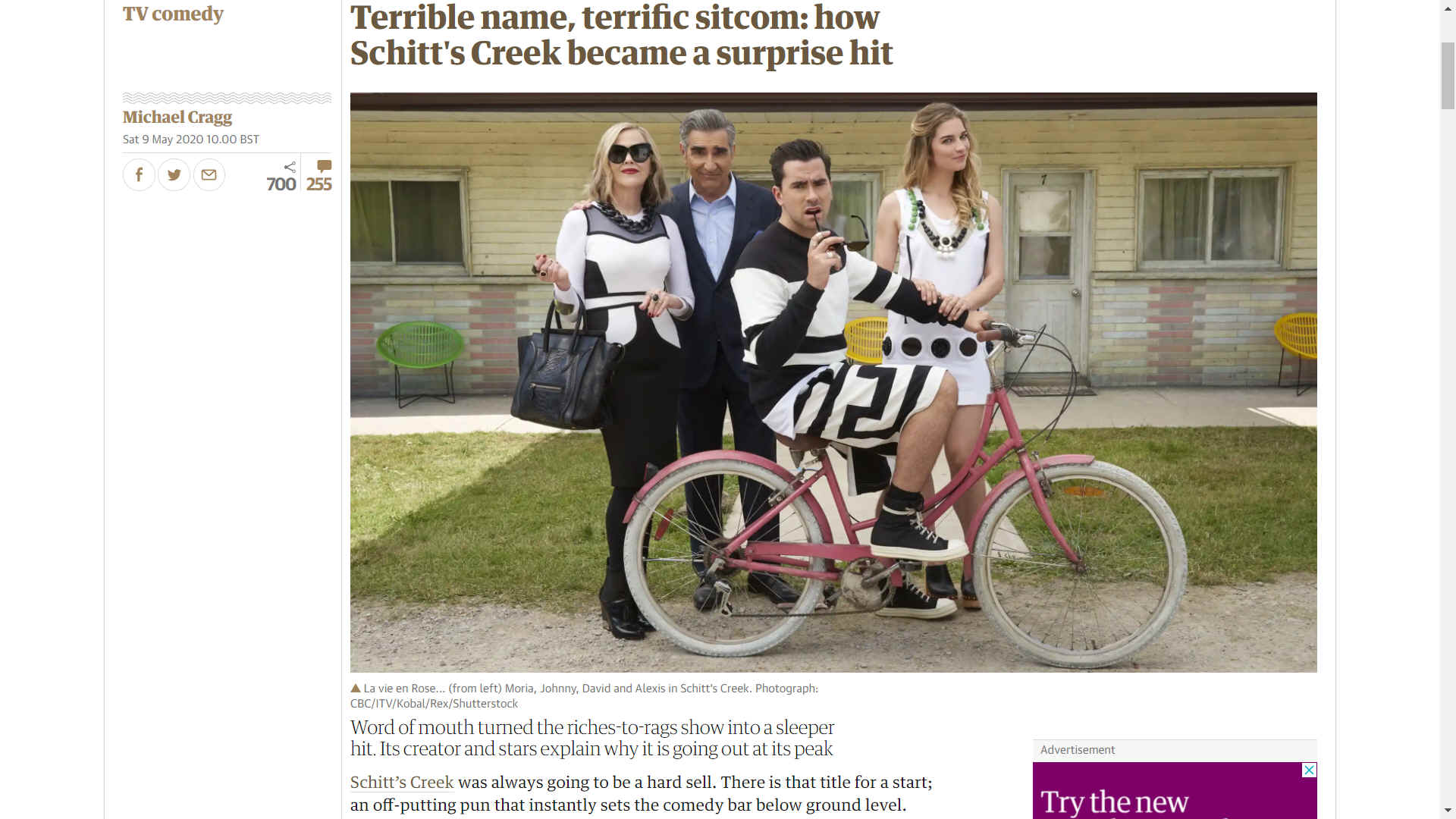
GUARDIAN
OF FREEDOM TO EXPRESS -
As a surprise hit, it comes as no surprise really. All it needed was a
chance. POP TV lit the fuse and word of mouth did the rest. The Guardian
neatly sum up what most of the viewers thought, that helped to make
Schitt's Creek what it is. A classic, that will entertain for years to
come. Well done to the creators for having the balls to float the
concept.
THE
GUARDIAN 9 MAY 2020
Word of mouth turned the riches-to-rags show into a sleeper hit. Its creator and stars explain why it is going out at its peak.
Schitt’s Creek was always going to be a hard sell. There is that title for a start; an off-putting pun that instantly sets the comedy bar below ground level. Couple that with a hackneyed
fish-out-of-water premise involving a rich family forced to slum it in a backwater town and you’ve got a one-season sitcom at best. Co-created by and starring Dan Levy, best known as a presenter on MTV Canada, and his dad Eugene, most famous for playing Jim’s embarrassing dad in the American Pie films, it was rejected by HBO and Showtime, eventually finding a home on Canada’s CBC and little-known US pay-to-view channel Pop. Even its main draw, the great Catherine O’Hara, was initially unenthused by the project, turning down the role of the Rose family’s self-obsessed matriarch Moira, citing her own laziness.
Fast-forward five years and five seasons, however, and Schitt’s Creek has blossomed into a cult classic and arguably the best sitcom of the last decade. An onslaught of razor-sharp putdowns, gif-ready catchphrases (“Ew, David”) and, most importantly, genuine, heart-swelling warmth, its celebrity disciples include Oscar winners
Nicole Kidman and
Jennifer
Lawrence, and pop stars Paula Abdul and Mariah
Carey, with the latter tweeting a clip last year. Less starry fans, meanwhile, often fill 3,000-seater theatres in the United States for the cast’s Up Close & Personal tours.
As the seasons have progressed, that initially two-dimensional conceit – rich family lose it all and wind up having to live in their only remaining asset, a town bought as a joke because of the name – has been thoroughly fleshed out, fusing the riches-to-rags haughty humour of Arrested Development with a palatable side order of The Good Place’s gooey centre. Moira and her ever-patient husband Johnny (Eugene Levy), plus their children – snobbish, pansexual aesthete David (Dan Levy) and Paris-Hilton-with-a-heart Alexis (Annie Murphy) – are forced by the ragtag community to go on a journey of self-discovery, but it’s a perfectly paced, ultimately believable one.
It was the show’s early underdog status that helped create fervent word of mouth, thinks Dan Levy. “It was almost like the Justin Bieber effect,” he tells me from his home in LA. “Just in that way that people found Bieber on YouTube and felt an instant protective quality over him, like it was a secret they felt lucky enough to share. People really felt like they’d discovered this show. They wanted to rope their friends and family into watching it.”
In 2017, just as momentum was building, Netflix came on board, a move that not only opened it up to international audiences but also kept them “around the water cooler”, as Levy puts it. “The success on Netflix allowed for the show to stay in culture all year round. I think it was that collective experience that made it grow season after season.”
Months after Levy’s announcement last year that Schitt’s Creek would end following its sixth season – a rarity in an era of endless sitcoms offering ever-diminishing returns – the show nabbed four Emmy nominations, including best comedy (it lost to Fleabag). The formerly reticent O’Hara was also nominated for her scene-stealing performance as the proudly oblivious former soap star Moira, whose array of ludicrous wigs and monochrome high-fashion ensembles are bettered only by her unplaceable accent, a mid- Atlantic-meets-vaguely-European patois in which arcane words such as “confabulate” and “pettifogging” are stretched and strangled with gleeful relish.
While the Roses find themselves a million miles from the glitz and glamour of their previous life, so the show itself feels out of the grip of the Hollywood machine. Unencumbered by ratings-chasing studios, the show has developed at its own pace, with no pressure to helicopter in distracting high-profile cameos or sacrifice its easygoing, slightly oddball, charm. It also means the narrative expectations laid out by that central premise are free to be upturned at every step. “We instantly knew this wasn’t going to be a show where the joke is on the town,” Levy says. “It was far more interesting for us to tell the story of a town that was completely open-minded and loving and have the family be the butt of the jokes.”
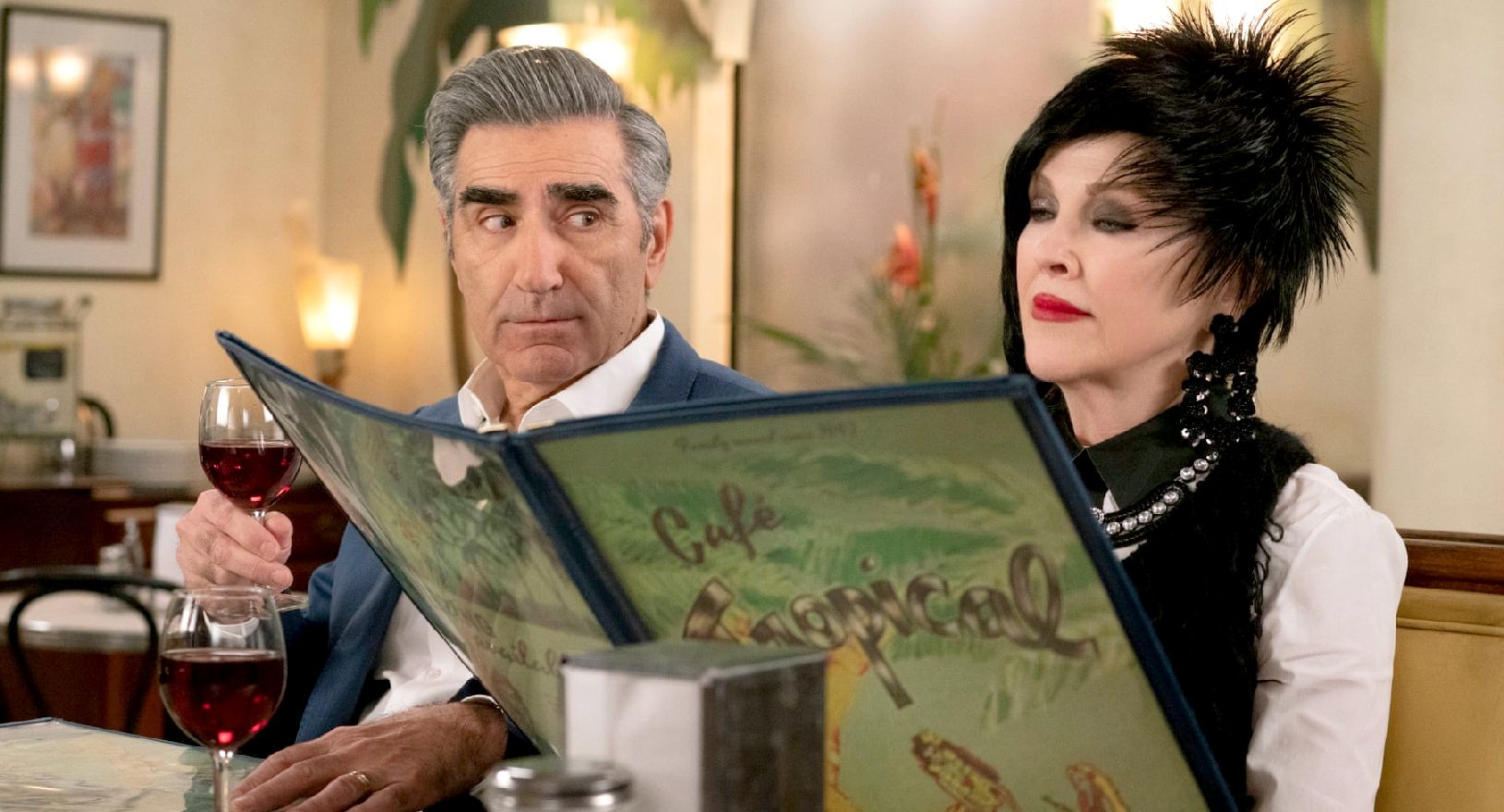
For Levy, who came up with the idea after merging his fascination with what would happen to, say, the Kardashians if they lost all their money with a story from the 90s involving Kim Basinger buying a town in Georgia, it was vital that the alienesque Roses also had beating hearts beneath the designer labels. “Knowing that we had enough backstory to allow these people to grow and change was so central to the success of endearing them to an audience,” he says, citing his dad’s work on Christopher Guest’s eccentric yet lovable mockumentaries in the early 00s as inspiration.
And so, as the seasons progress, the Roses start to integrate into the community. Moira gets involved with the Jazzagals, a local a cappella group; Johnny takes over the motel the family find themselves stuck in; Alexis finishes her education and becomes a PR; and David opens the Rose Apothecary, a look-but-don’t-touch lifestyle boutique stocked with pricey lip balm.
It’s there, in season three, that he meets the more practically minded Patrick (Noah Reid). Levy has been praised for the way the show has dealt with sexuality, from David coming out as pansexual (“I like the wine, and not the label,” he says of his approach to dating in one early episode) to the way his relationship with Patrick blossoms (there’s a pivotal scene involving an acoustic rendition of Tina Turner’s The Best that could make a mannequin cry salty tears).
“I knew that I had an opportunity to tell stories from a perspective that I didn’t necessarily get a chance to see a lot on
television,” Levy says. “As a gay person most of our narratives are either caricatured or used as a telltale example of tragedy. So with that came the decision to make the town a completely accepting place.” While some shows tackle homophobia by showing it being overcome, Levy decided to cut off its
oxygen supply altogether. “The more you expose homophobia, the more you’re validating people’s beliefs,” he says firmly. “If you remove homophobia you are not giving homophobes any arena to see themselves.”
While David’s steady transformation is unexpected, Alexis’s borders on the miraculous. A sort of Frankenstein’s monster created from bits of the Kardashians,
Lindsay Lohan and the Olsens, complete with their exhausted-sounding, low-register vocal fry and exaggerated floppy wrist hand gestures, she also exudes just enough softness early on to not be entirely hateful. But by the show’s end she has become its beating heart.
“On the breakdown for the audition, it described Alexis as a rich, blond socialite,” remembers Murphy, “but then at the very bottom what was really interesting was that it said: ‘Young Goldie Hawn’. To me,
Goldie Hawn is, yes, a bit head-in-the-clouds, but she’s also smart and charming and charismatic and kind. I really wanted to bring those things into Alexis.” The show’s success is particularly
mind-blowing for Murphy: “I hadn’t worked in about two years [before the audition], my apartment had just burned down and I had $300 in the bank. Then I got the job and it changed my life.”
One of the show’s many viral moments happens in season five, with Alexis giving a perfectly pouty performance of electropop banger A Little Bit Alexis, the theme song to her “critically reviewed, limited-reality series” of the same name (key lyric: “I’m a little bit single, even when I’m not”). It recently inspired a slew of copycat lockdown performances on TikTok.
“I wrote it with two of my best friends who fortunately are musicians,” laughs Murphy. “We posted up at a studio for two days with beer and pizza, and came out bleary-eyed with A Little Bit Alexis.” It sounds like Britney’s Work Bitch meets mixtape-era Charli XCX, I say. “That is a huge compliment!” she laughs. “We knew it had to be a joke but at the same time we wanted to write a song people liked, too.” For Dan Levy, it’s another example of the show’s reach: “That song has been remixed a thousand times and is a staple at many of the West Hollywood gay bars,” he says proudly.
The continued cultural cachet of Schitt’s Creek – there are also regular drag nights involving elaborate Moira Rose cosplay – begs the question: why end it now? While Murphy says she could happily play Alexis until she’s 75 (“Although that would be a very different show”), she is sanguine about the decision. “It’s rare that a show gets to end on its own terms,” she says. “We didn’t get the plug pulled halfway through and have to write a last-minute ending. It was nice that it was able to be brought to a finale on the writers’ terms.”
Levy thinks it was important to end the Roses’ journey before the chatter around the show interfered with the storylines. “We weren’t made aware of how big the show would get while we were wrapping it up,” he says. “It meant the show is just as pure from start to finish.”
Yet it isn’t a simple tale of redemption, of selfish people suddenly becoming selfless. There are no neatly contrived life lessons at the end of each episode. Moira, for example, still can’t remember her daughter’s middle name (“Alexis … something Rose”) and longs to return to her old life. But, like the similarly heartwarming The Good Place, it has managed to carve out a space for genuine character self-improvement in the unlikeliest of people. Levy, who recently completed his own unexpected career arc from VJ to top-tier comedy creator by signing a three-year deal with ABC, reveals that the reaction to the show’s all-inclusive mindset has made him hyper-aware of the power TV has. “It’s really important that whatever I make next has that level of social significance,” he says.
Schitt’s Creek, in all its simplicity, feels like the haven we all need right now. “This show is a symbol of love and hope and inclusivity and that’s what people are thirsty for,” Murphy says. “I see no world in which people will stop wanting those things.” Every Schitt’s Creek needs a proverbial paddle.

|
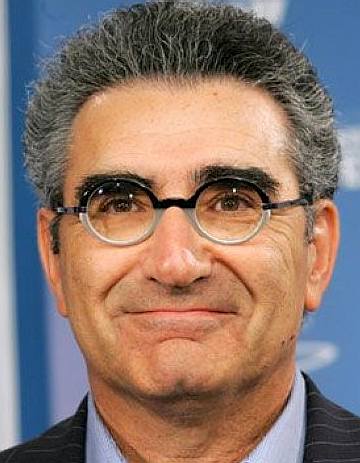
|
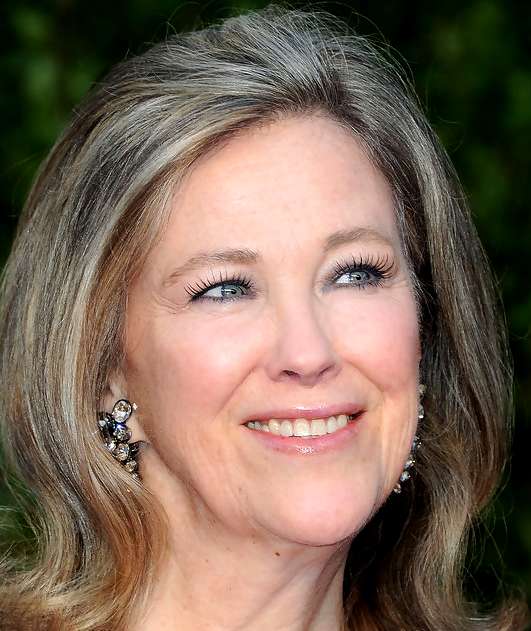
|
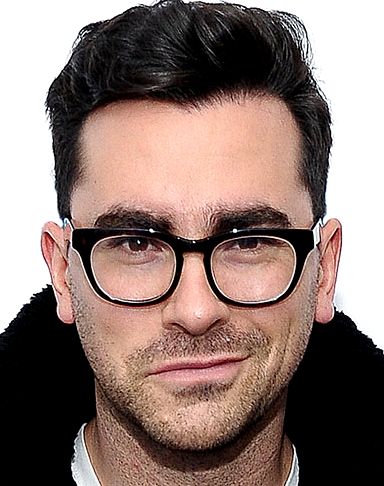
|
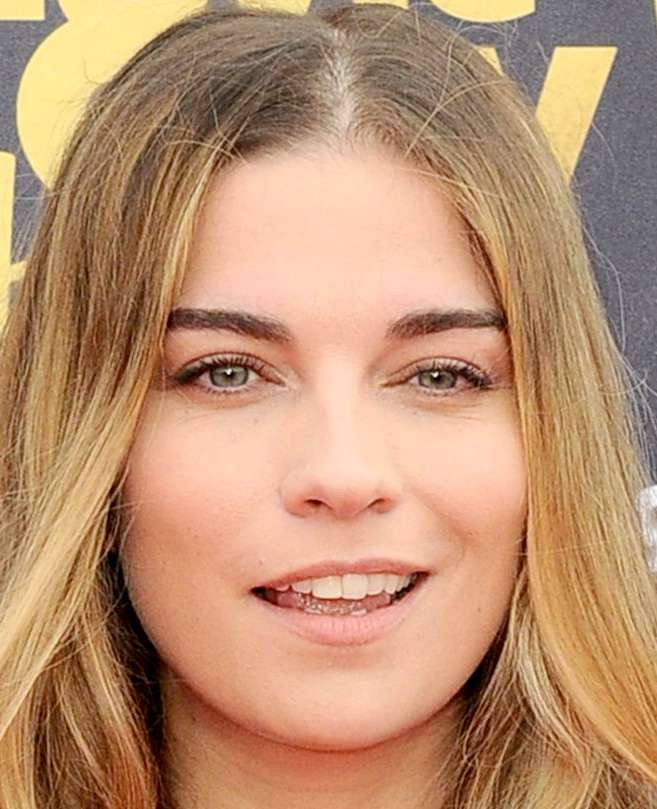
|
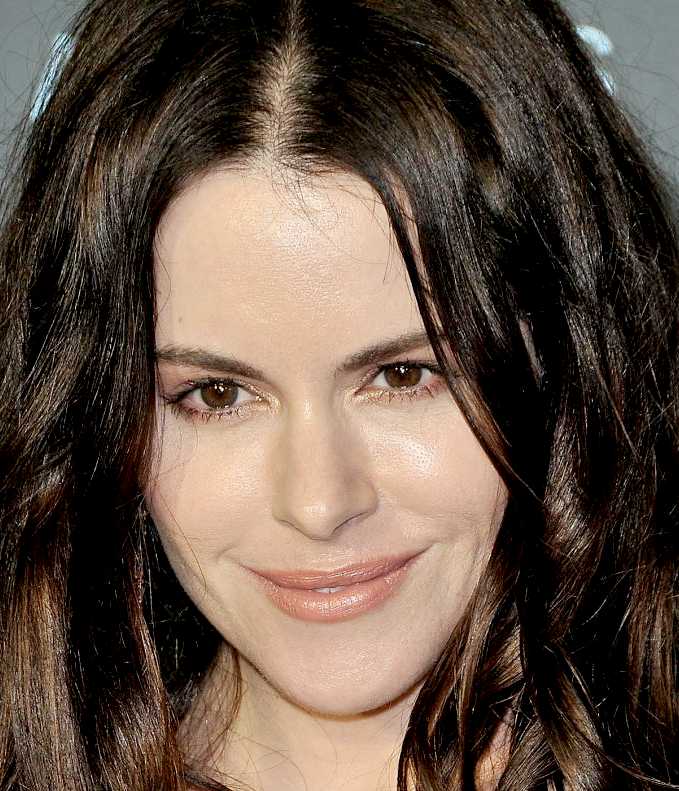
|
|
Eugene
Levy |
Catherine
O'Hara |
Daniel
Levy |
Annie
Murphy |
Emily
Hampshire |
|
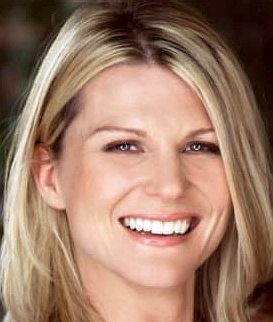
|
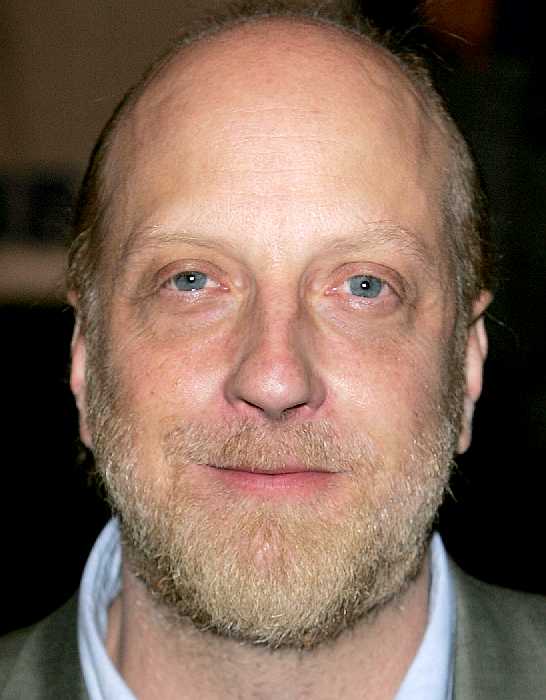
|
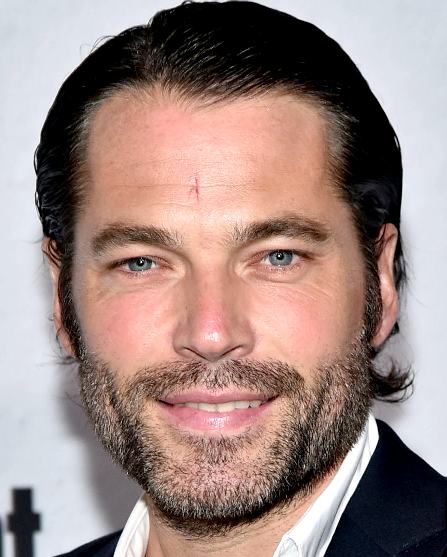
|
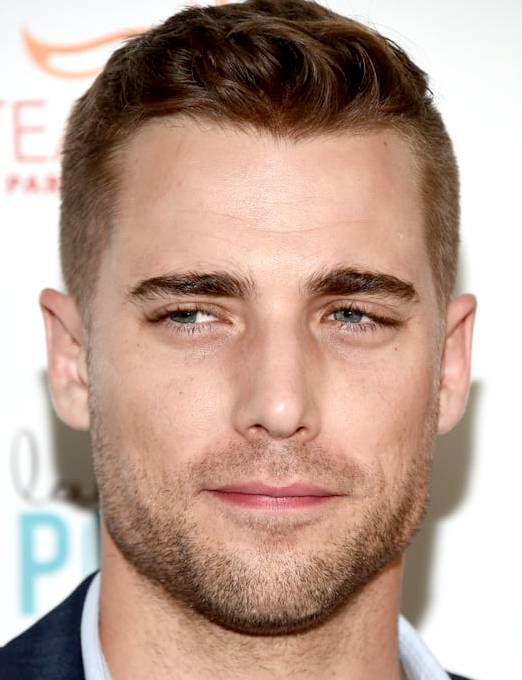
|
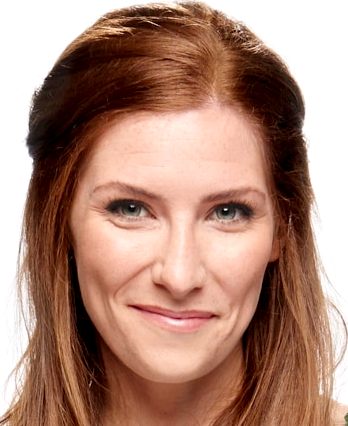
|
|
Jenn
Robertson |
Chris
Elliott |
Tim Rozon |
Dustin
Milligan |
Sarah
Levy |
|
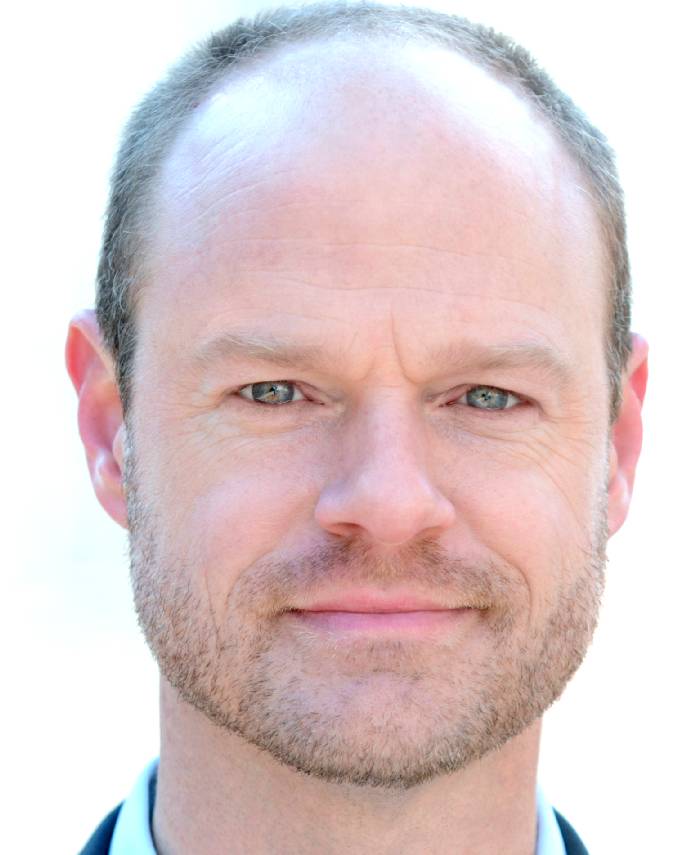
|
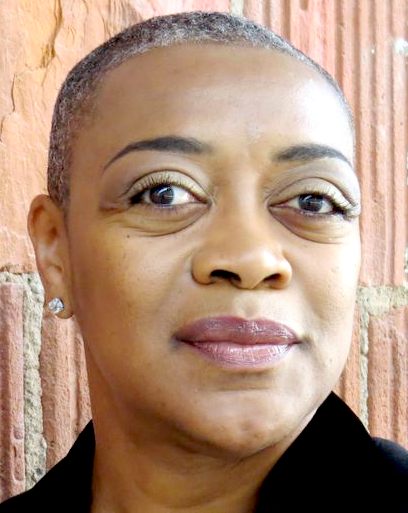
|
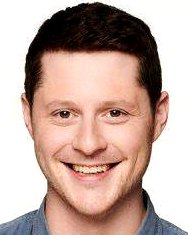
|
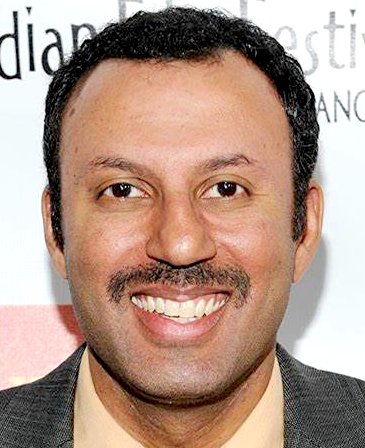
|
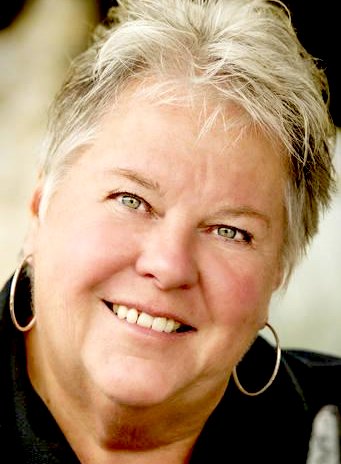
|
|
John Hemphill |
Karen
Robinson |
Noah
Reid |
Rizwan Manji |
Marilyn Bellfontaine |
|
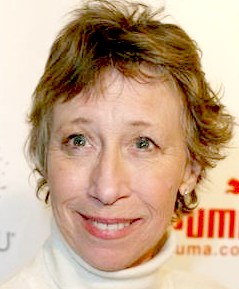
|
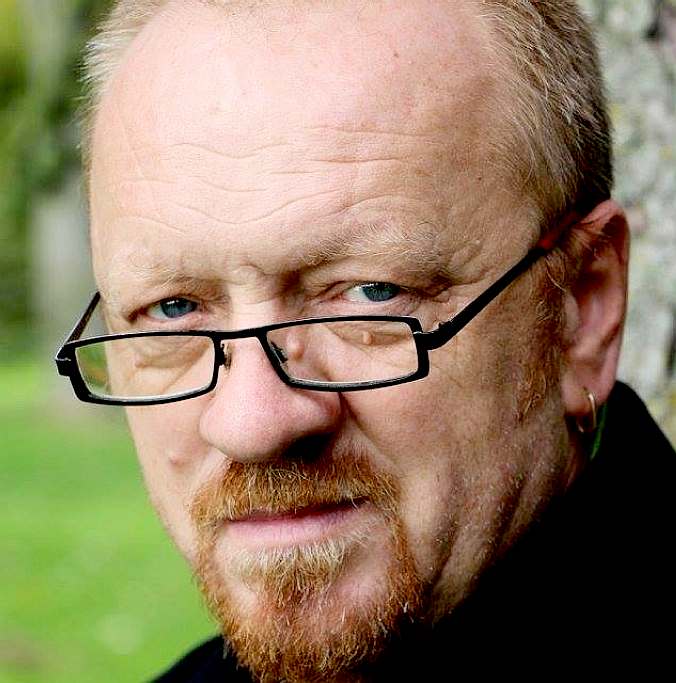
|
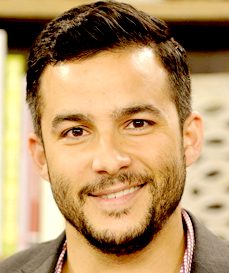
|
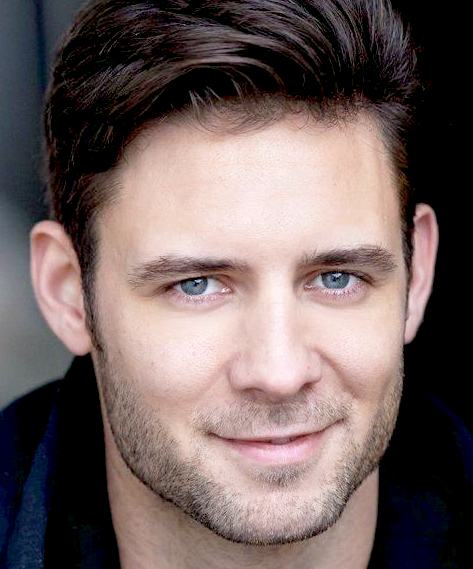
|
|
|
Robin
Duke |
Jasmin Geljo |
Ennis Esmer |
Steve
Lund |
|
MORE
ON THE CAST
Stevie Budd - Introverted tomboy Stevie (Emily Hampshire) is slowly forced out of her shell by the Roses, going on to co-run the town’s motel with Johnny. Becomes David’s first ever best friend, a relationship initially confused by a near-thrupple situation.
Ted Mullens - Dustin Milligan plays Alexis’s lantern-jawed, Gap-model cute, on-and-off boyfriend with a penchant for dad jokes. Balances being the town’s vet with the much harder job of trying to improve Alexis as a person.
Twyla Sands - Played by Sarah Levy, AKA Eugene’s daughter and Dan’s sister, the deceptively wise Twyla is apparently the only waitress at the town’s only restaurant, Café Tropical. Forms a sweet bond with Alexis, despite serving her worryingly titled delicacies like the Surprise-Me-Smoothie.
Roland Schitt - The beer-bellied, bemulleted mayor of Schitt’s Creek, Roland – expertly played by Chris Elliott – is a constant thorn in Johnny Rose’s side. Full of obvious, “helpful” ideas, most of which he’s too lazy to implement himself.
Jocelyn Schitt - Roland’s incredibly patient wife, Jocelyn (Jennifer Robinson) likes to relax with her a cappella group the Jazzagals. That is, until Moira muscles in with her constant stream of A-list demands. Fond of a garish floral print.
By Michael Cragg
Schitt’s Creek season six is available on Netflix from Thursday 14 May 2020.
LINKS
& REFERENCE
https://www.theguardian.com/tv-and-radio/2020/may/09/terrible-name-terrific-sitcom-how-schitts-creek-became-a-surprise-hit
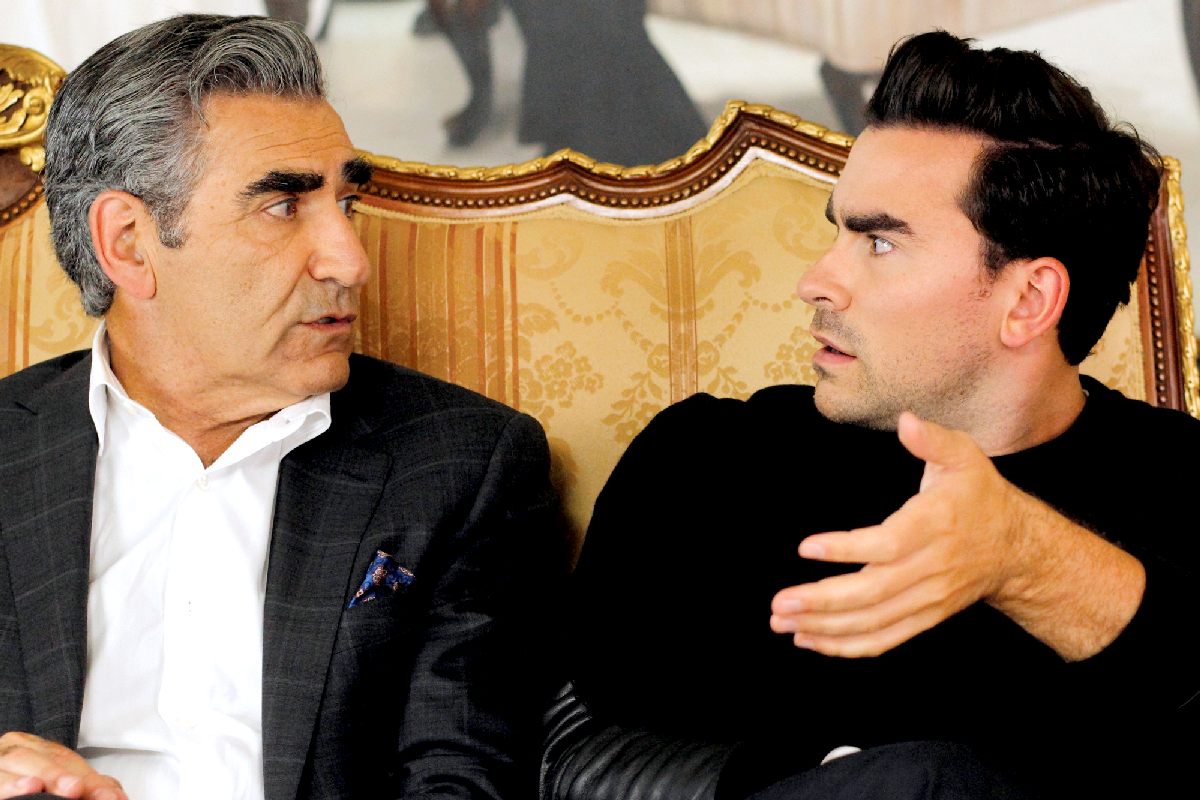
FATHER
& SON -
Not a bad line up, keeping it in the family, including their
daughter/sister - and rising to the challenge. Pop TV, wow, they got
that right. Catherine O’Hara adds yet more humour to an already
outlandish plot. Thank the stars their business manager was a crook.





















